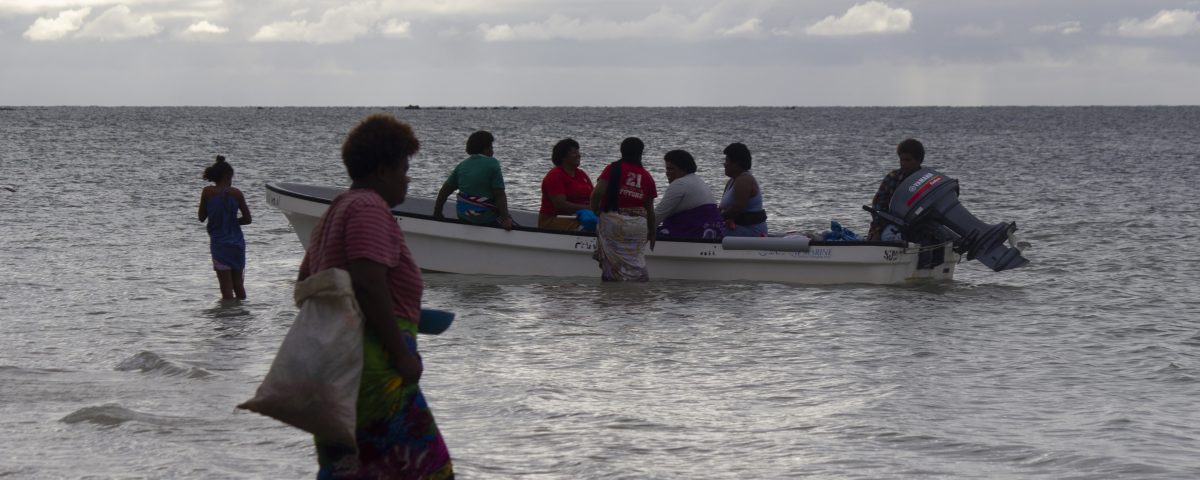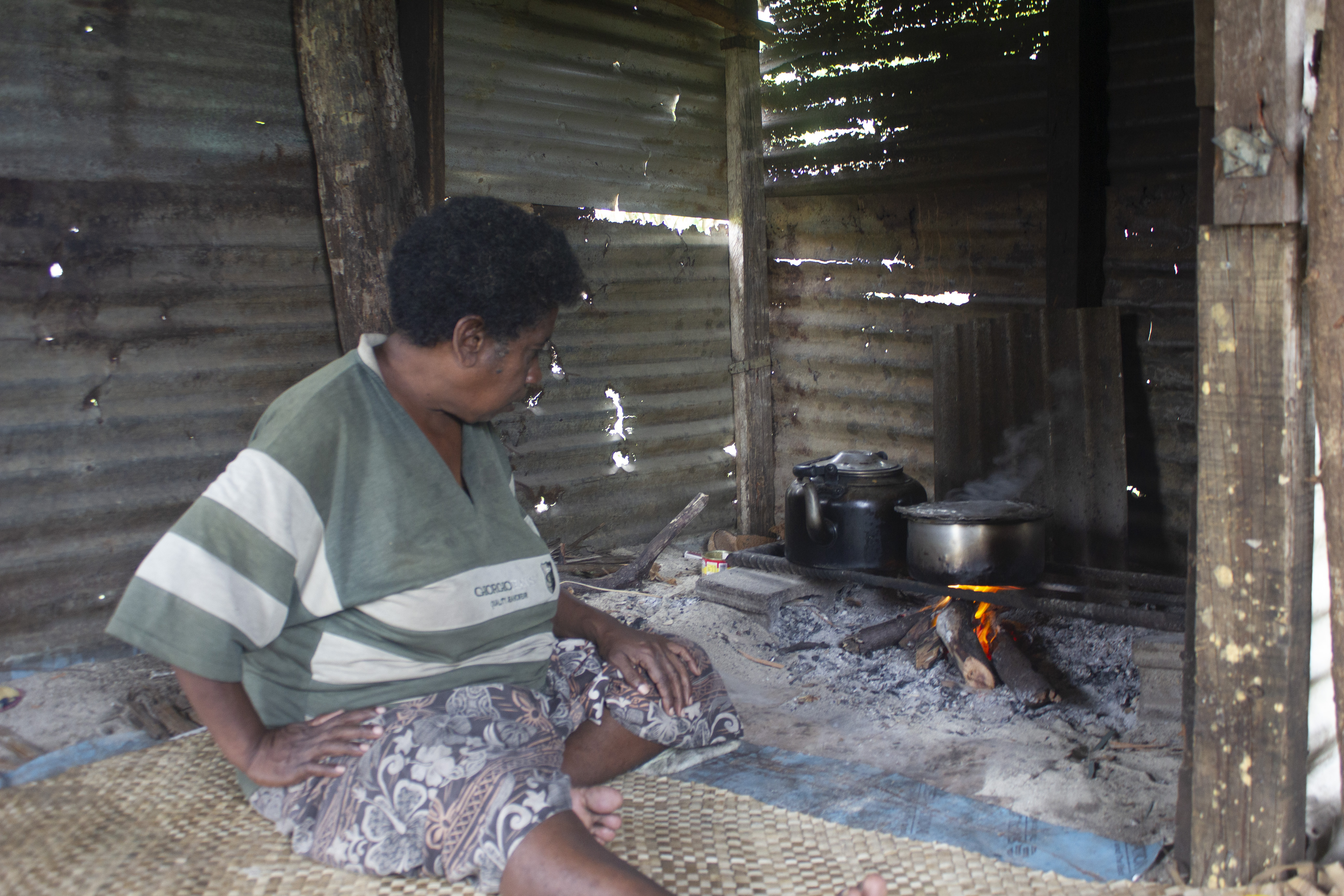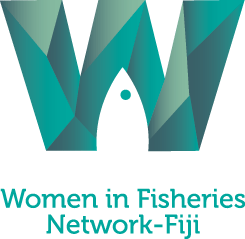
 A woman of Namuaimada Village prepares breakfast for her family, cooking with firewood.
A woman of Namuaimada Village prepares breakfast for her family, cooking with firewood.
By Joeli Bili
When I first heard about Rapid Care Analysis (RCA), I was prompted to read some literature on the topic as I haven’t done any previous work pertaining to the subject. What transpired afterwards was a train of thought on unpaid care work especially for women. Growing up in Fiji, pictures gloomed of women cooking, sweeping the house and washing clothes. I was so eager to learn more that I sought second opinion from a cousin who shared with me that literature has a part too in gender stereotyping adding that “When we grow up, our textbooks portray women cooking, washing the dishes and you will hardly find any men performing these duties”. It reminded me of my primary school days, when teachers would read a book and asked the class “What can you see?”. Evidently, the role of women in providing unpaid care work to their families is something that we all cannot hide.
In February of 2019, Oxfam in Fiji gathered the Shifting Power Shifting Voice coalition to discuss the RCA project. Women in Fisheries Network -Fiji (WiFN-Fiji) together with the Social Education Empowerment Programme and Rise beyond the Reef were identified as the organisations who will be piloting the RCA methodology provided by Oxfam. WiFN-Fiji was to conduct the RCA in fisheries communities in Ra.
Fast forward to August 2019, the WiFN-Fiji RCA team took a drive four hours from Suva to the Ra province. Whilst in Ra, we carried out the RCA in the coastal communities of Navolau and Nakorotubu District. We covered all villages in Navolau: Navolau 1, Navolau 2, Namuaimada and Nakorokula and three villages in Nakorotubu: Saioko, Nadavacia and Verevere. Navolau and Nakorotubu districts are two of the twenty districts in the Ra province. Women in these villages are engaged in economic activities. For some of the women, they are the main income earners for their families.
As a Documenter, it was interesting to hear the thoughts and viewpoints on unpaid care work from the communities. However, there was a takeaway from listening to the villages and that was the distribution and responsibilities of care work were hardly discussed in a family setting. Amongst the common responses provided by the overall RCA participants, care work was mainly looking after family members.
As in Namuaimada village, a man shared that the discussion on unpaid care work was an eye opener to him. He mentioned that the next time his wife goes out to harvest sea grapes, he would voluntarily accompany her. During our recent visit to the village a month ago, we were surprised to see not only one or two man but few others diving for Nama. Indeed, the conversation on unpaid care work was #ShiftingPowerShiftingVoice. During the exercise, a shift in stereotypical thinking or attitude could be noted.
For WiFN-Fiji the key findings from each of the eight Exercises provide critical information on the nature of engagement of women in fisheries. The RCA key findings are already broadening WiFN-Fiji’s understanding of the nature of women’s engagement in fisheries beyond economic, allowing its members, women fishers and their communities to understand care work in their households and community, the implications of unpaid care work on their livelihoods and economic activities in fisheries, agriculture and craft production and to find holistic solutions to problematic care tasks and patterns of care.
According to Oxfam International, Governments around the world must act now to build a human economy that is feminist and values what truly matters to society, rather than fuelling an endless pursuit of profit and wealth. Investing in national care systems to address the disproportionate responsibility for care work done by women and girls and introducing progressive taxation, including taxing wealth and legislating in favour of carers, are possible and crucial first steps.
The RCA report will be launched on 20 July 2020 and WiFN-Fiji is grateful to had been one of the organisations to have piloted the Rapid Care Analysis in Fiji. There is no better time to have had this launch than in the midst of the Covid-19 pandemic, where women are already experiencing an increase in unpaid work.
